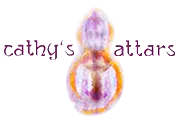About Hydrosols
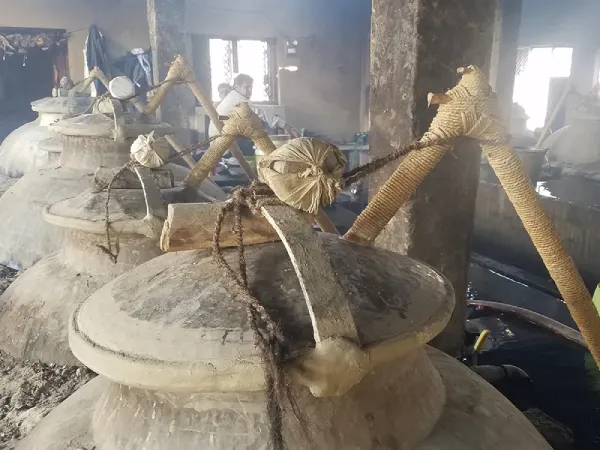
The History of Attars
India has a deep and intimate relationship with botanical scents and perfumes as well as spices, incense, aromatic oils and flower garlands used for ritual and as offerings. Even when used for cosmetics or cooking, there is always sacred intention. The oldest known still for aromatic plants was found in what is now Pakistan and dates to at least 5000 years ago.
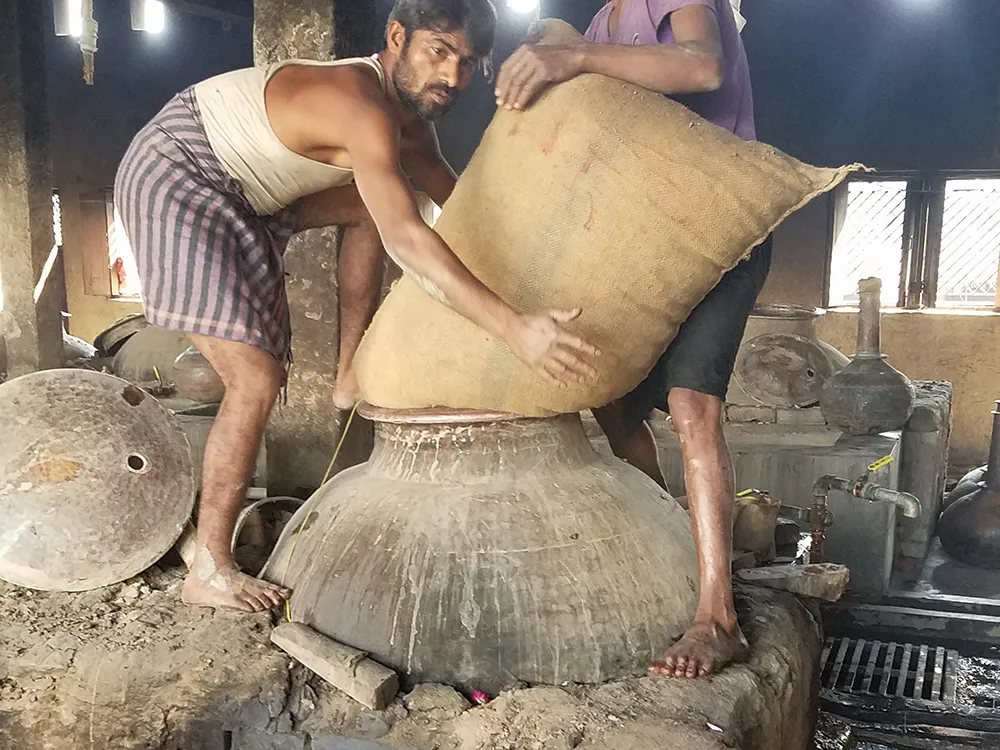
What Are Attars?
Kannauj, a small, busy Northern Indian town in the state of Utter Pradesh has been the attar capital of India since time immemorial. The families that have made attars there for generations guard the secrets of fabrication close to their chests. Each family has their own traditional formulation and production techniques.
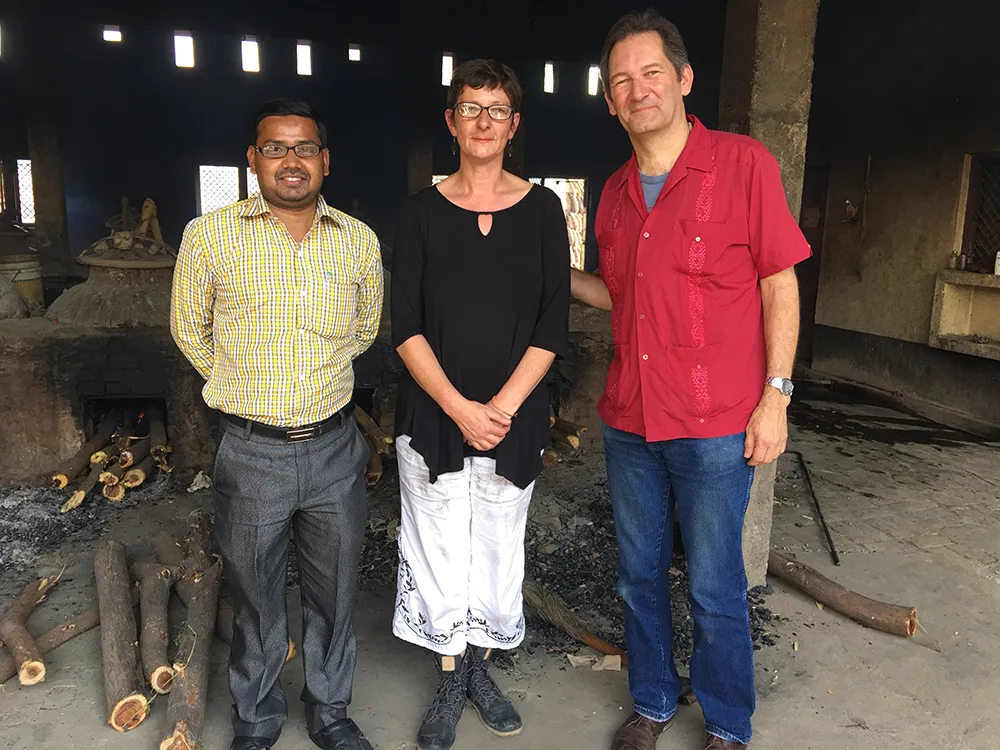
Who Makes Our Attars?
The attars we sell come from Ali Brothers perfumers in Kannauj. We were lucky enough to visit the distillery and meet Moosa Khan, the owner and witness the team distilling rose blossoms.
Moosa comes from a long lineage of distillers going back at least six generations. Moosa’s grandfather was called Ali, hence the name of the company. Moosa told us that Ali was a pioneer in exporting attars from Kannauj to Singapore, Malaysia and Saudi Arabia in the 1950’s, a difficult job at the time, before jet travel and email.
We feel we have established a good connection with Moosa and plan to visit him regularly. We hope to explore more of India and its aromatic traditions on future trips, since Cathy intends to do further research into her family history for a book about Anglo-Indians, ‘The secret race.’
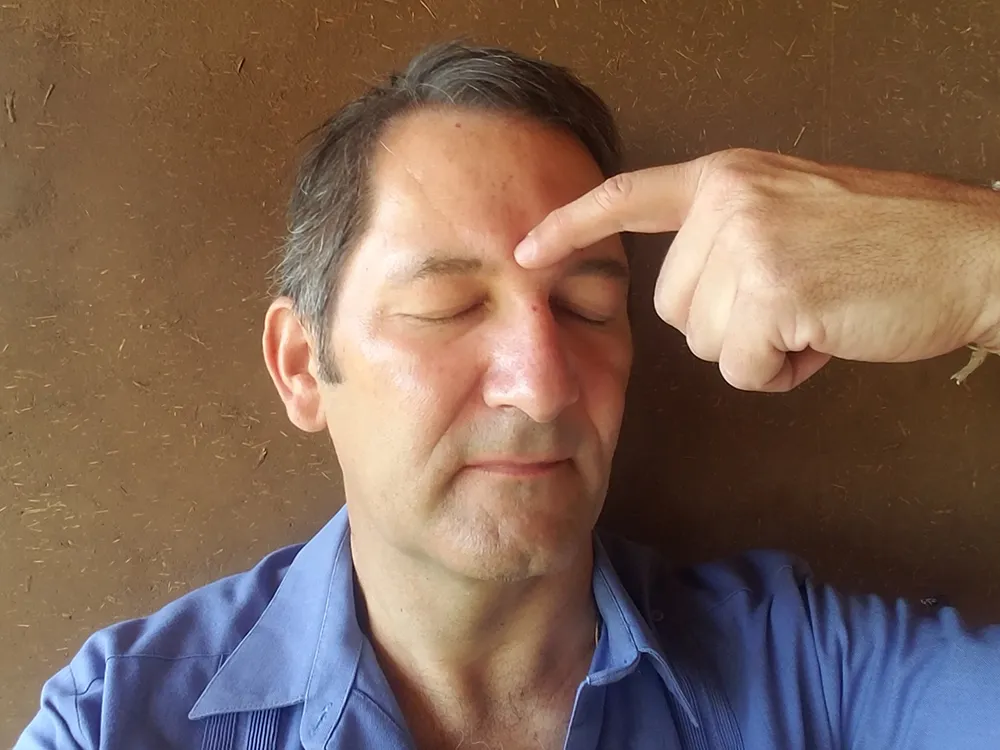
How To Use Attars
These are rare and precious oils. They are the soul of the plant. They are not a ‘product.’ To honor the wisdom of the spirit of the plant, we advise that you use them with respect and sparingly.
One way to really commune with and learn from each oil is to anoint yourself. Anointing is an ancient practice. There are different ways to anoint and we will describe a few below.
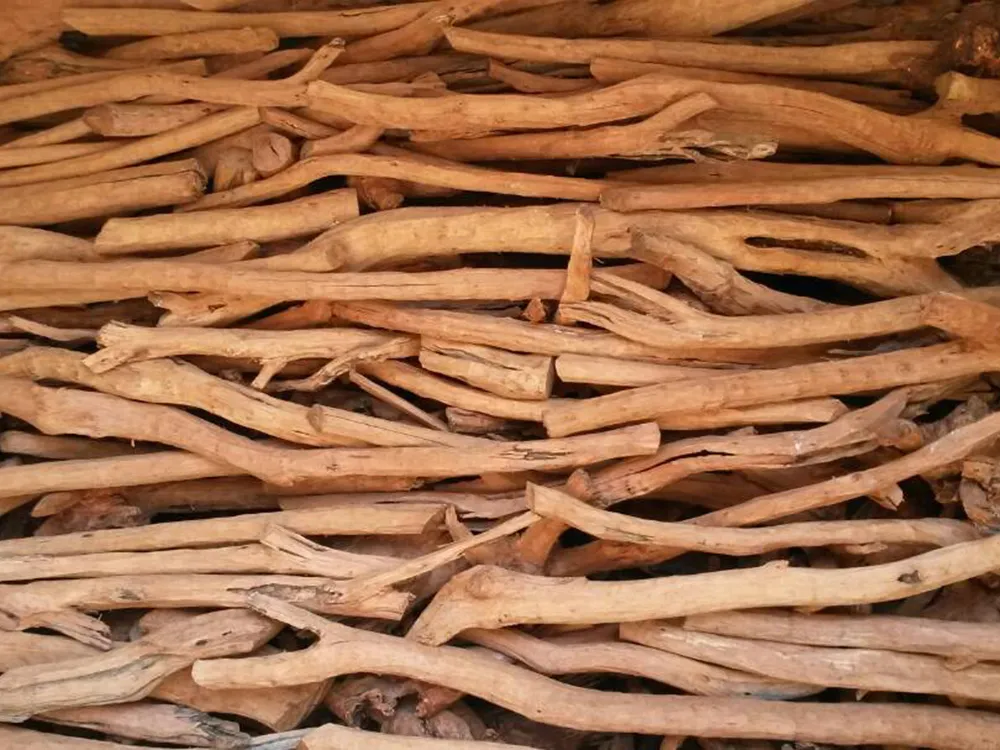
Sandalwood in Attars
Sandalwood essential oil has been used for centuries as the base oil for attars, due to its unique chemical and energetic properties. During the distillation the sandalwood perfume is described as becoming ‘thin’ as it absorbs the fragrance of the newly distilled flowers.
